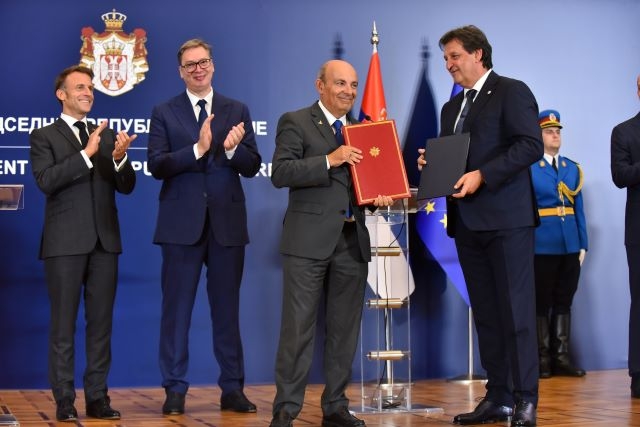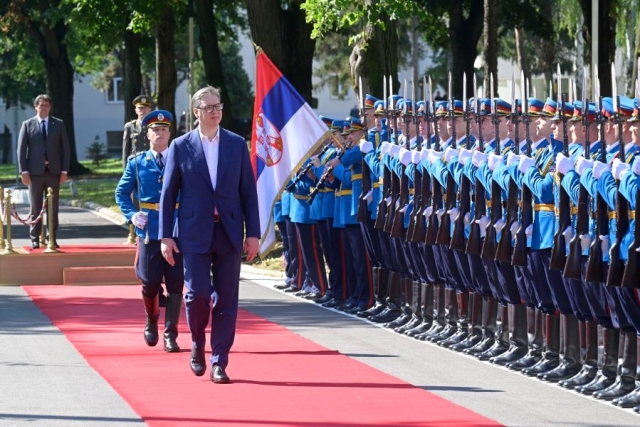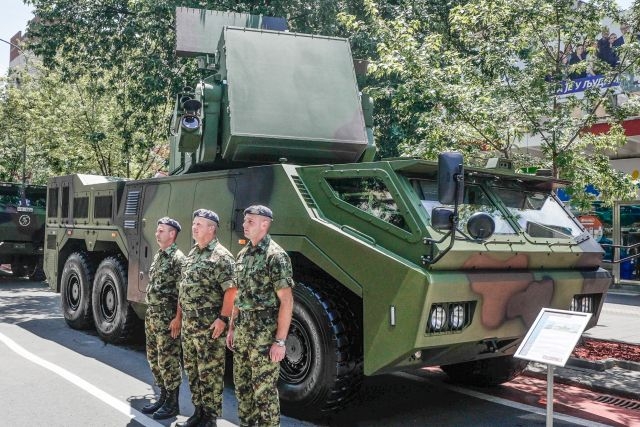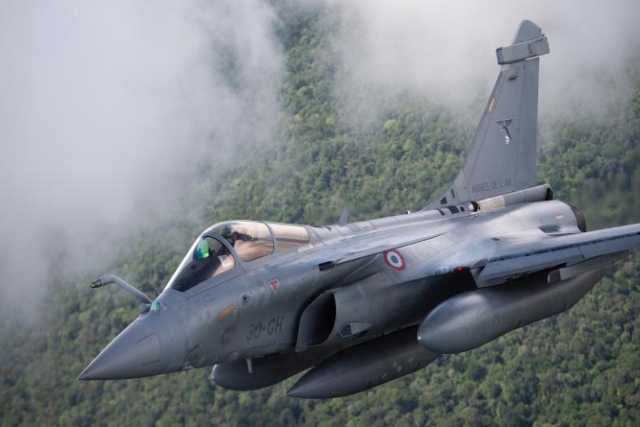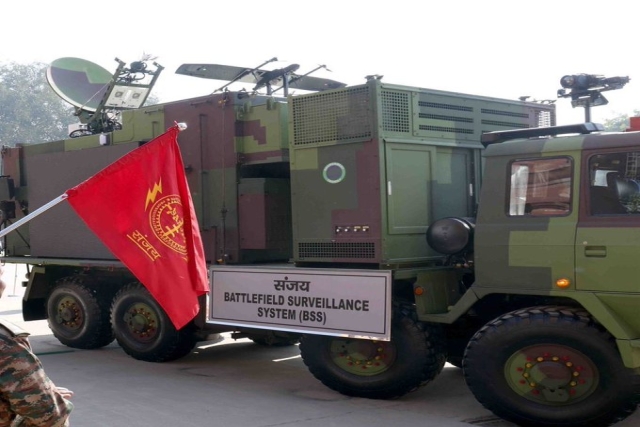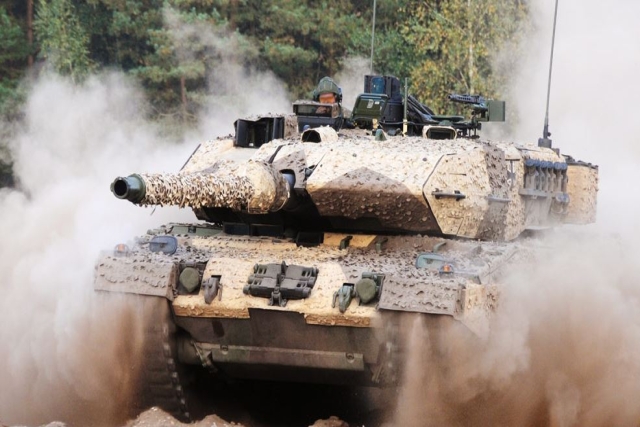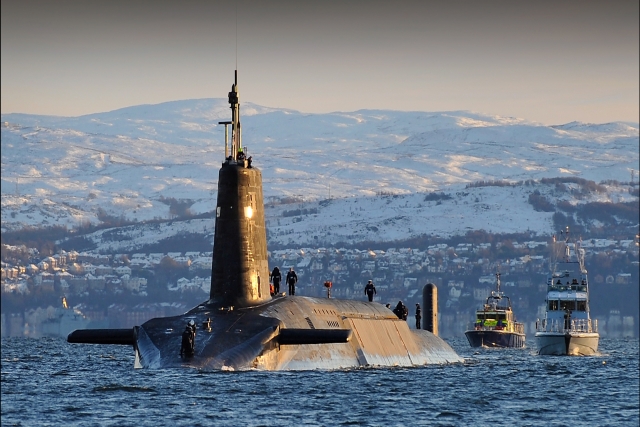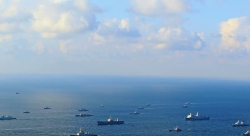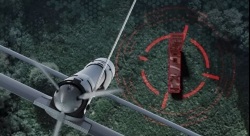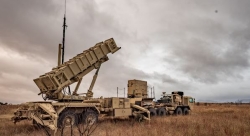Serbia Cancelling Arms Contracts with Russia, Preferring Chinese Weapons Instead
Shift in military strategy driven by geopolitical tensions and sanctions on Moscow
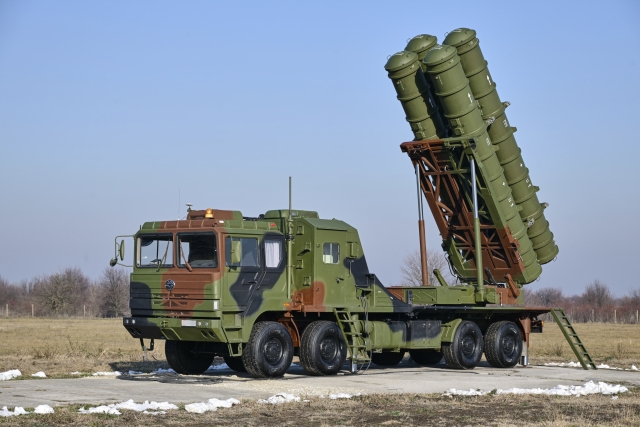
Serbia has canceled several military contracts with Russia, attributing the decision to the difficulty of honoring agreements amid ongoing geopolitical tensions and international sanctions on Moscow.
According to General Milan Mojsilovic, Chief of the General Staff of the Serbian Army, these sanctions have hindered the delivery of new arms from Russia, and diplomatic efforts to resolve these issues have not been successful.
In an interview with Vecherniye Novosti, Mojsilovic explained that while some contracts have been terminated, others have been postponed in hopes that global political relations may improve and allow for their eventual fulfillment. "We have terminated some contracts and postponed others in the hope that the situation in international relations at the global level will normalize and there will be an opportunity to implement the contracts," Mojsilovic said.
Serbia, a European Union (EU) candidate country, has historically been one of Russia's closest allies in Europe. However, the ongoing invasion of Ukraine has pressured Serbia to adjust its foreign policy, particularly with respect to aligning more closely with the EU and Western countries. Last year, Serbia opted for 12 French Rafale jets, valued at €2.7 billion, to replace its aging fleet of MiG-29s.
Serbia's military aid to Ukraine, valued at approximately $800 million and channeled through third countries, further highlights the complexity of Serbia's defense and foreign policy. This aid exceeds the contributions of some NATO members, marking Serbia's increasingly nuanced position in the ongoing conflict between Russia and the West.
Despite this, Serbia has managed to maintain operational readiness for many of its Russian-made weapons, ensuring the availability of spare parts and maintenance, which are produced under license by various countries worldwide.
Mojsilovic further explained that although new equipment cannot be acquired from Russia, the Serbian army continues to receive spare parts for Soviet and Russian-made weapons, which are available globally through licensed production. Serbia's commitment to maintaining the high operational readiness of its military equipment remains a priority, despite the challenges presented by the ongoing conflict in Ukraine.
As part of its strategic shift, Serbia is now turning to China as a key arms supplier. This is evident with the purchase of the FK-3 anti-aircraft missile system from China, an export version of the HQ-22 medium-range air defense system. The FK-3 is considered a potential replacement for the Russian S-400 system in Serbia's defense lineup. The FK-3 system has a range of up to 100 km and can target airborne threats at altitudes of up to 27 km. However, unlike Russian systems, the Chinese FK-3 has yet to be tested in real combat conditions, raising questions about its operational effectiveness.
